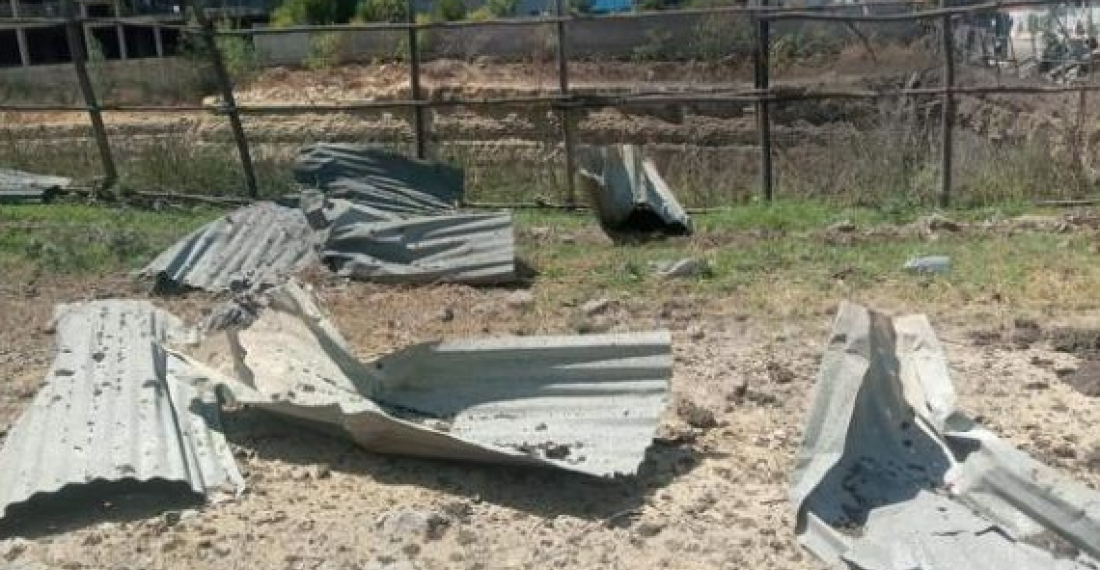On Monday (18 October), the Ethiopian military launched airstrikes on the capital of the Tigray region, marking a new escalation in the conflict as it is the first time airstrikes target the capital city of the region.
State media confirmed the bombardment on Tigray People's Liberation Front (TPLF) targets after an initial denial of the raid by the government.
It is reported by locals that a bomb fell nearby a market behind a hotel that housed aid workers. However, the media could not confirm the location or the targets of the strikes as several areas in Mekelle are off-limits for journalists. The UN is still working out the details of the strikes.
The Ethiopian Press Agency said the raids hit media and communications equipment used by the TPLF, adding that "measures to prevent civilian casualties during the airstrikes were done successfully".
An official at Tigray's largest hospital said that three children had been killed due to the airstrikes. Jens Laerke, the spokesperson of the UN Office for the Coordination of Humanitarian Affairs (OCHA), said at a briefing in Geneva that local health workers in the Mekelle hospital confirmed that the children had been killed as a result of an airstrike on the outskirts of the city.
In the last few weeks, fighting intensified in Tigray with each side accusing the other of escalation. The fighting is complicating aid organisations missions in delivering humanitarian aid.







